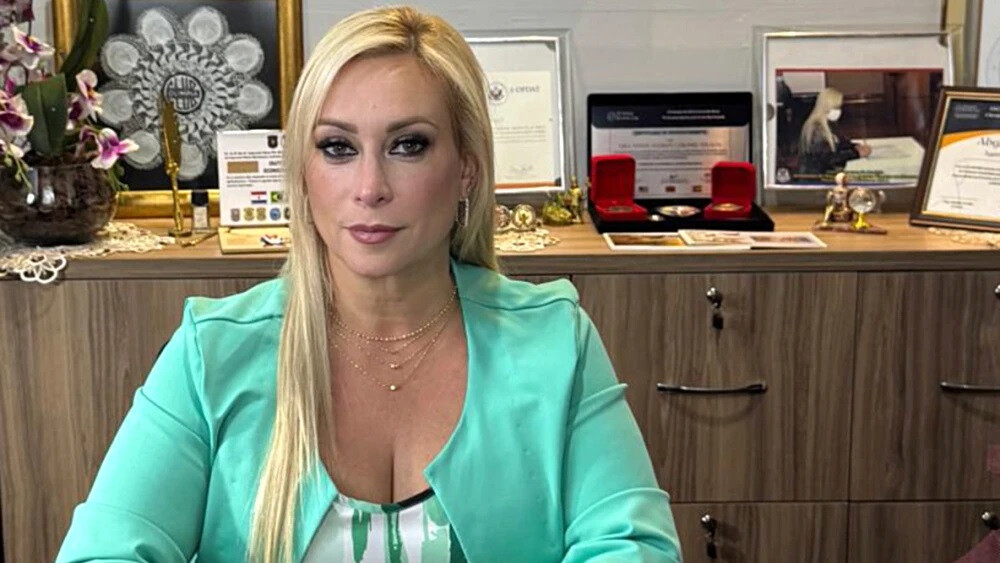
The issue of child sexual assault in Paraguay has reached a serious level. Experts say that a change in social awareness and institutional improvements are urgently needed to solve this problem. According to a recent interview with a local media outlet by Vivian Coronel, a prosecutor specializing in child sexual offenses, a majority of child sexual crimes in Paraguay are perpetrated by close individuals such as family members and guardians, and are often concealed within a "culture of silence."
Several social factors are complexly intertwined as the main causes of the persistent child sexual offenses. First, because the perpetrators are often relatives or acquaintances, the child victims hesitate to report the crime for fear of retaliation or family dissolution. Second, there is a prevalent social atmosphere of trying to avoid 'family shame,' which gives priority to concealing the incident rather than protecting the victim. Third, children themselves are not educated on sexual crimes or how to deal with them, leaving them unaware of their rights and in a defenseless state. Fourth, the perception that perpetrators are not receiving appropriate punishment is widespread, leading to a vicious cycle of repeated crimes.
A Child's 'Consent' is Legally Invalid
According to Paraguayan law, any sexual act with a child under the age of 14 is considered sexual assault. This regulation applies regardless of whether the child consented. Prosecutor Coronel emphasized, "A child's consent is never valid, and a crime is established simply by the fact that a sexual act occurred." This applies to all forms of sexual acts, including kissing, physical contact, exposure, and sexual intercourse. The production and distribution of child pornography, sexual exploitation, and human trafficking are also strictly punishable offenses.
Reporting is the Responsibility of Adults; We Must Respond to the Child's Courage
While it is a very important and courageous act for a child to report directly, all responsibility should not be placed on the child. Child victims often suffer from psychological difficulties such as fear of disbelief, shame, guilt, and threats from the perpetrator. Therefore, all adults in the vicinity, including parents, teachers, and medical staff, have a duty to detect a child's warning signs, listen respectfully to their story, and report the crime immediately. "A child's voice is very precious, but the burden of reporting should not be placed solely on the child," Coronel stated, "Society must realize protection and justice so that the child's courage is not in vain."
Efforts of the Paraguayan Prosecutor's Office
The Paraguayan Prosecutor's Office is making various efforts to combat child sexual offenses. It operates specialized departments dedicated to child sexual crimes, human trafficking, and child abuse, and actively uses forensic examinations to secure scientific evidence. It is also establishing psychological and social support systems for child victims and focusing on analyzing statistical data to identify crime trends and vulnerable areas. In terms of legal aspects, it is strengthening regulations, such as increasing the severity of punishment for perpetrators.
The eradication of child sexual offenses in Paraguay is a task that requires not only the efforts of law enforcement agencies but also the active interest and participation of all members of society. Breaking the 'silence' on child sexual assault and raising a 'voice' to protect the victims—that is the most important change our society must achieve together.
[Copyright (c) Global Economic Times. All Rights Reserved.]




























